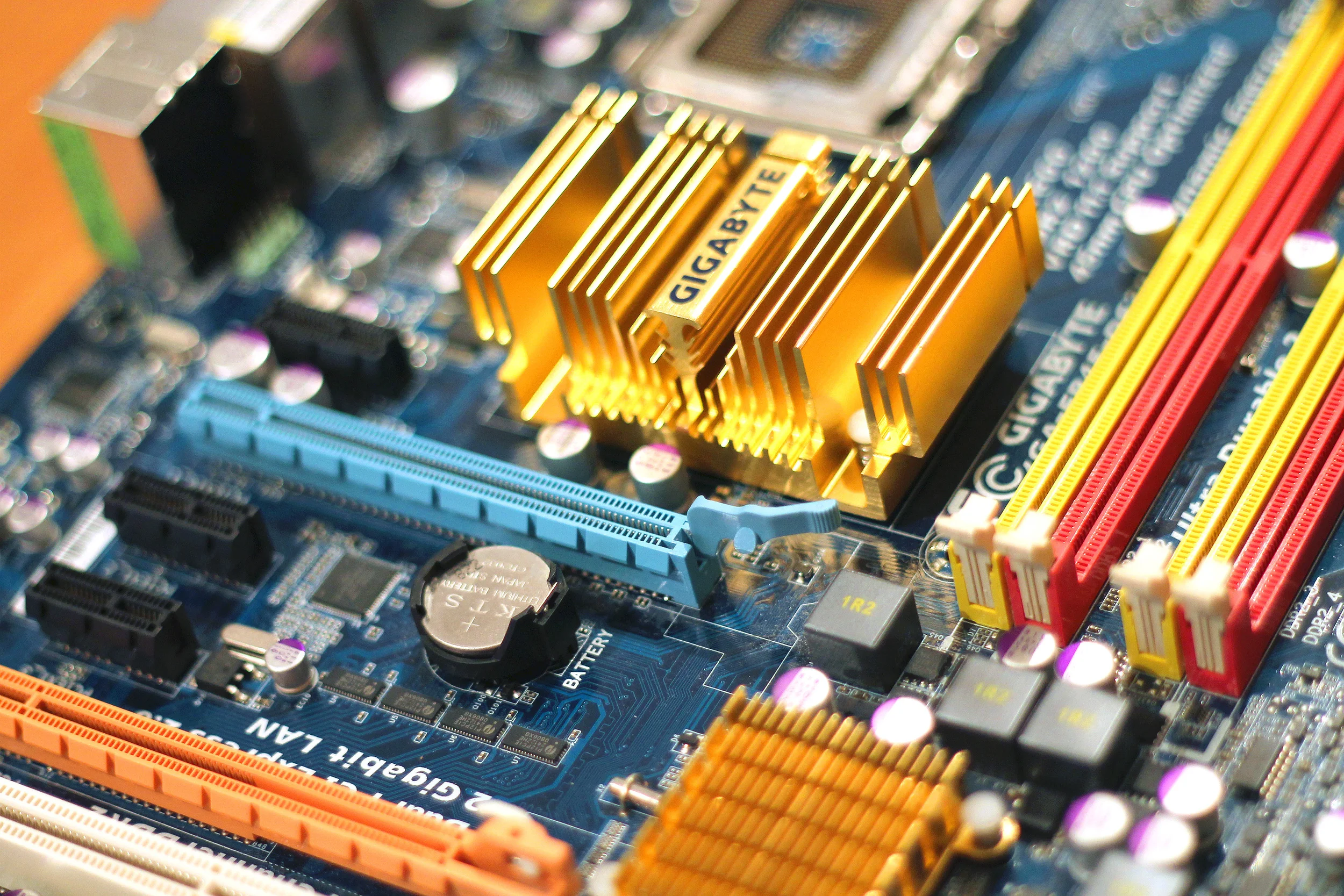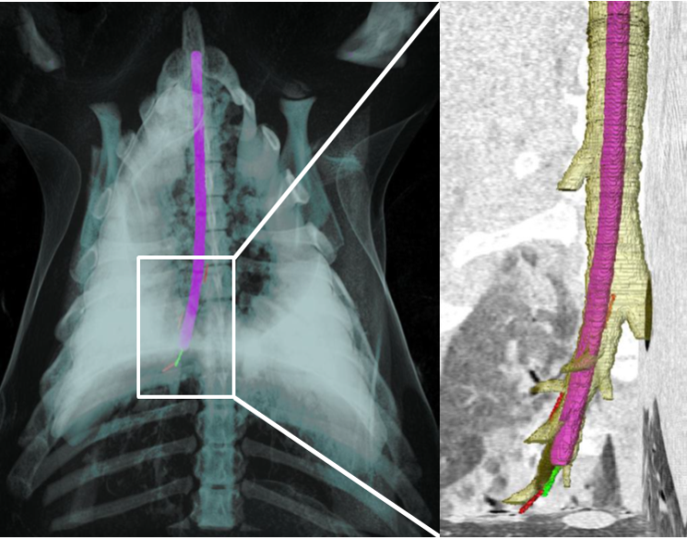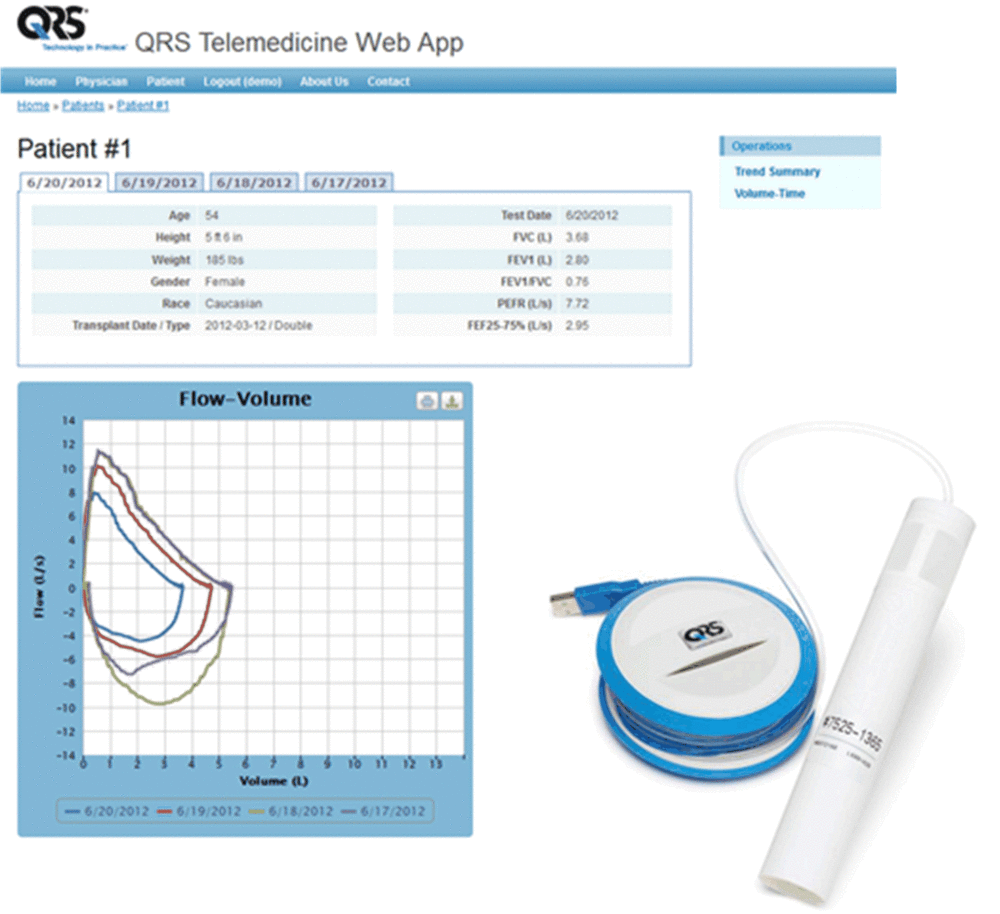RECENT projects & products DEVELOPEd:
A LOW POWER WIRELESS PULSE OXIMETER SENSOR FOR UNOBTRUSIVE WEARABLE APPLICATIONS
KBT is developing a miniature ultra-low power pulse oximeter for long-term wearable monitoring. There continues to be a clinical need for an unobtrusive pulse oximeter sensor that is small and can be worn comfortably for extended periods of time without battery change or recharge. Several technical challenges must be overcome to facilitate long-term continuous pulse oximetry monitoring. In order to design more compact sensors and improved wearable instrumentation, perhaps the most critical challenges are to develop more power efficient and low-weight devices. Additionally, before wearable devices can be used effectively in the home, they must become unobtrusive and should not hinder a person’s mobility. Standard finger pulse oximeters are not practical for many applications because they can interfere with normal daily tasks.
ULTRA-MINATURE SENSORS FOR REAL-TIME BRONCHOSCOPE NAVIGATION
KBT developed a navigation system for ultra-thin bronchoscopes using advanced sensor technology. The use of advanced magnetic-based localization technology to provide real-time navigation imaging without fluoroscopic guidance is highly desirable. Such a localization system in an ultra-thin bronchoscope allows an operator to navigate within the periphery of the lung and track the path of a biopsy tool as it approaches a peripheral lesion.
HOME BASED SPIROMETER FOR MONITORING LUNG TRANSPLANT PATIENTS
KBT developed a spirometer device targeted toward the needs of lung transplantation programs. The development of an easy-to-use home spirometry requiring minimal skill when transferring monitoring data to the clinician has several important applications in telemedicine. These include the ability to better manage the post-operative care of lung transplantation recipients and patients with chronic pulmonary diseases in the outpatient environment through the use of telemedicine. Spirometers are standard care for the management of post-operative lung transplantation patients due to their high sensitivity to decreases in pulmonary function.



